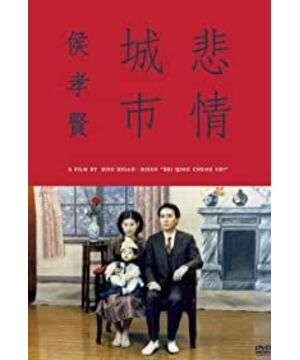In the year of strictly preventing the spread of African swine fever, I first landed in Taiwan.
For Taiwan, the feelings are always complicated. We know it through various films and stars. It is a place of pilgrimage for the leaders of small fresh, literature and food, but in fact it is like a child who refuses to follow the rules. Brilliant, but also disturbing at times.
Turn on Taiwan TV and see the only advertisement related to the mainland, which is related to the prevention of swine fever from the mainland. Everywhere I go, I am willing to chat with the locals, but here I become cautious.
I stayed in Taiwan for only half a month. The local TV, books and magazines opened my eyes. Typhoons, earthquakes, elections, bans, demonstrations...we were overwhelmed. Looking back now, being able to go home safely is a blessing.
What exactly is "Taiwan"? Familiar words, full of unfamiliar words.
Some people say that it is a place where Confucian cultural traditions have been preserved to the greatest extent possible.
However, maybe it's not that its people inherit the Confucian tradition better, it's just that those who inherit the Confucian tradition just happen to be more concentrated there.
Once, the people who moved to Taiwan with the Kuomintang almost filled my mind with the image of "Taiwanese", and I thought that many people in this land would never stop thinking about "seeing my hometown". Now, I remember, I see, I know, "Taiwanese" are mountain natives, the generation that was enslaved and educated by Japan after 1894, and the generation that was speculated and put under "martial law" for more than 30 years after 1945 , from this province, from other provinces, from officials, from military dependents' villages... can't be tied together. We blame "Taiwan" for being obsessed and unwilling to return to the motherland, but how could "Taiwan" ever understand where "hometown" is.
So, what is "regression"?
It should not be "returned" because of its history; only by promising and practicing a future of peace and development is it worth "returning". Trust is the premise, so the premise of trust is not a long way to go.
"Guling Street Teenage Murder Incident" uses the incident to reflect the grief of Taiwan's society in the last century. The film is like a prose novel, flowing, jumping, and gushing, and the viewer is moved into it.
"Sad City" uses space to reveal the sadness of Taiwan's history. It's like a picture, quiet, still, staring, and the pain of chewing spreads for a long time.
As Douyou said,
The fixed long shot and the mid-to-long-distance framing, like the eyes of God, are alienated and lead people to think and examine, out of reach and unable to return, full of compassion.
From these two films, I can only see the outline of "Taiwan".
View more about A City of Sadness reviews











